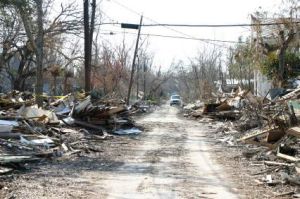 I tend to think a lot when I have a little down time. I was on the plane for work this week and it hit me, that I am not sure h0w I would classify what type of an event and how severe it was before I were going to bug out or bug in. The more thought I put into it the more I am realizing every situation has subsets of classifications that make the situation more relevant or less relevant to an individual’s or families situation.
I tend to think a lot when I have a little down time. I was on the plane for work this week and it hit me, that I am not sure h0w I would classify what type of an event and how severe it was before I were going to bug out or bug in. The more thought I put into it the more I am realizing every situation has subsets of classifications that make the situation more relevant or less relevant to an individual’s or families situation.
We all know about the Homeland Security Terror Alert system. But what about other conditions that affect us at the local level where we are in our own bubble of disaster. What if we experienced something like Hurricane Katrina? The government has classified this, and I have to do more research under what level, but have you thought about how you might classify the events for your own rule of thumb going forward? What type of classification would you give something that was a destructive weather event, and would you return? Or, would it be an event that you would permanently bug out from and never return, knowing you have to put a “plan b” in place.
So my question is, how are you going to classify your SHTF event in the suburbs, whether you are bugging in or whether you are bugging out? What criteria are you going to use to classify how long to stay away, or how long to stay in, etc. I have found and have come up with some of the below myself, and want to share it with you so that y0u can determine for y0urself what is right for you.
- Potential disaster classifications and lengths of time they may exist:
- Green (No impending issues day to day),
- Yellow (1–10 days),
- Orange (11–90 days),
- Red (90+ days)
- Black (Permanent)
- Potential disaster classifications and what they may be (This one came from a survival forum):
- Normal Conditions, Regular day-to-day schedules followed. Preparations are made at leisure.
- Preliminary Alert Status, A situation you’ve noticed is capable of escalating into a problem down the road, but it’s just a possibility right now. Stay on your toes.
- High Alert Status, Cancel your plans for the weekend and gas up your vehicles. Things could get ugly REALLY fast. Contact your team to further your plans. Stay alert and vigilant.
- National or Local Emergency in Progress or Imminient, BOV’s loaded and head to your Bug Out Locations. Shelters ready to receive team(s), last minute checks on provisions, weapons, and family. Close and lock any perimeter enclosures and fencing. barricade as necessary.
- S has HTF, loss or destruction of local or state infrastructure. Difficult to travel due to traffic jams or damage, weapons should be loaded, team responders ready to deploy in defense. Everyone else hunker down and listen to the radio for updates if any.
- One Sociologist’s proposal for a disaster scale to facilitate recovery and research: http://goo.gl/FFHz
- US DHS National Disaster Planning Scenarios as of March 2006: http://goo.gl/rPJ7
- Metascale Disaster is a template for scaling human worldwide disasters with some suggestions of causes and prevention: http://goo.gl/mcdJ
I am sure there are more out there, but this is helping me form a basis for what types of disasters will keep me away for what period of time. In addition, I can take what I learn here and add perimeters to a radius around my BOL and classify each region based on the scope and breadth of each disaster. This is a real work in progress.
This may also help me with learning to cache supplies along routes in better locations than picking random spots to cache supplies and hoping I make it there to get them…
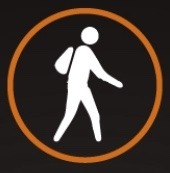
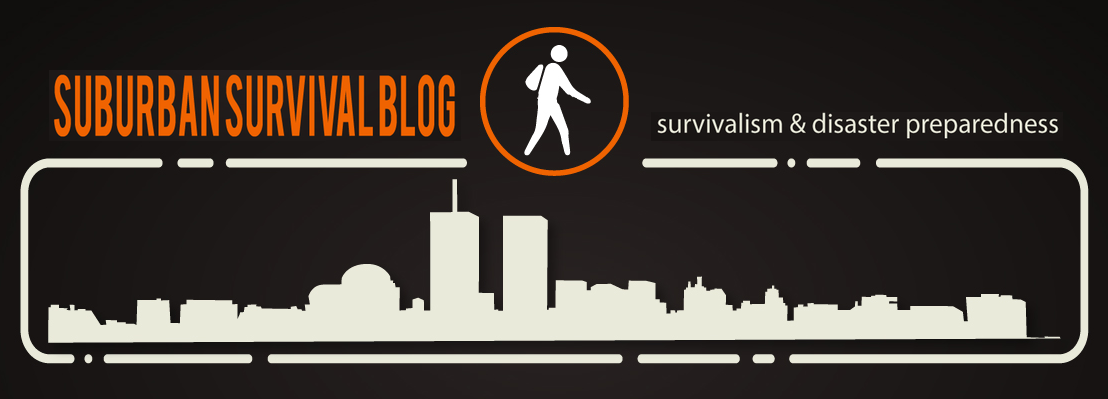


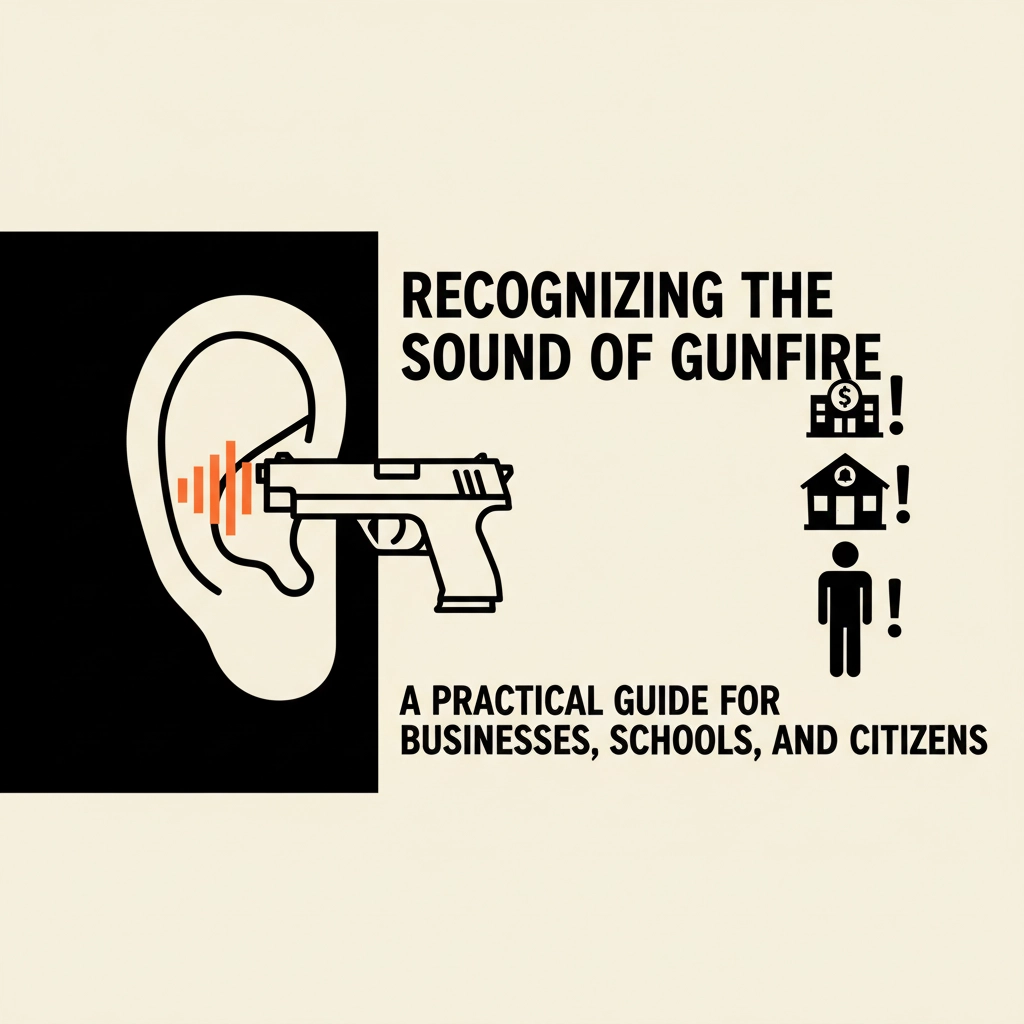
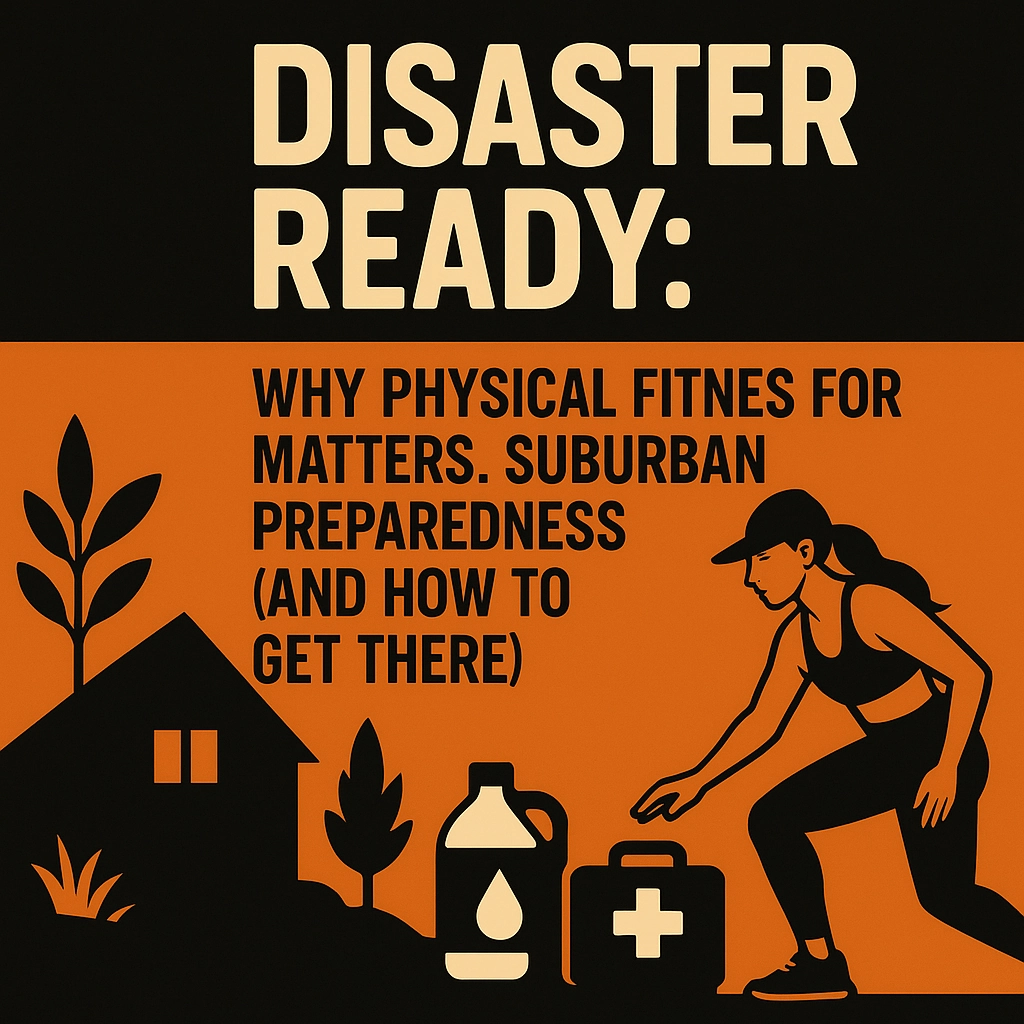



Probably something I haven’t put enough thought into. Right now, my day-to-day situation has me only a few miles from where I work, and unfortunately only a few miles from NYC. In my mind, if something sudden were to happen, I’d try to get home and stay put, even if I had to abandon my car and walk.
Now, if my home were no longer there, or the environment was so messed up that going home were impossible, I’d probably be screwed! I imagine the roads would be completely useless in such a situation as millions try to flee @ the same time.
That’s worst case I guess. I’m hoping that there is some time to decide (like if a cat 5 storm were going to hit in 3 days) but in most cases I think bugging in would probably be my best option.
I too am in Northern NJ, just seven miles from the Lincoln tunnel… I had a comprehensive get home bag when I worked in the city. Here is the link if it helps you: http://suburbansurvivalblog.com/my-urban-get-home-bag Make note of what was missing and supplement with your own gear… I used a messenger bag to be inconspicuous, but you can use a simple backpack as well…
Good article.
Seems to me that when things get to what you’re calling “High Alert Status” you’re about to make the decision to dig in or get out.
But I think you (and I meam that in a general sense, not you personally) have to also decide if you are in fact willing to ‘pull the trigger’ and leave immediately while still only at a high alert level and the SHTF hasn’t yet happened.
There is a potential cost.
If the SHTF event does NOT happen, if things calm down and return to normal(ish), are you willing to live with the potential consequences of leaving?
Can you afford to just up and leave your job for days, perhaps weeks until it’s obvious nothing serious is developing? Can your spouse? Will you have jobs to return to?
Can you take your kids out of school that long?
What do you tell people when you return and they notice you mysteriously have disappeared for days/weeks?
Have you “tipped your hand” to those around you that you practice survivalism? Are you prepared for the possible public scrutiny of it? Or the people who now want “in” on your plans? People who now EXPECT that YOU will take care of them too?
A lot to think about if red or black doesn’t happen.
Good stuff to consider!
Around here (metro NYC) I think it would be a tough choice actually. If its worth bugging out, its worth the consequences. At least you’d be alive and can patch stuff up later.
In my mind, two SHTF scenarios are most likely.
The first is a sudden and massive man-made situation like a terrorist attack or some big something-or-other that happens without warning. The result of this would be people clogging all the roads so even if you had a plan, I doubt you are getting to the BOL quickly or easily — if at all. In my mind, I’m hunkering down @ home.
The second scenario would be like I mentioned above. Let’s say a giant storm like Katrina is coming this way. We’ll know about it and have time to decide. Getting to the BOL is more likely, but you’ll be joined by countless others on the roads. At least there is some time. In this case, I’d opt to leave and I’m sure the schools won’t mind!
So, to me, its a matter or having time, or not having time. Living around here, the ability to bug out would be VERY hard I think, unless you have some inside knowledge that nobody else is privy too, or you have fine-tuned spidey-senses that gives you an edge over the millions of other people around here and bug out before anyone is the wiser. Not likely.
Also, my use of ‘you’ is general!
In my humble opinion, we in NJ are in a bug out situation if there is a real threat that is surprise or known about ahead of time, and I am assuming you and I live within 10 miles of each other based on your NNJ comments. It is always worth Bugging Out if you have a destination to go to. In addition, the decision has to bug out needs to be made quickly or you are stuck waiting for FEMA and other resources. Look at Katrina. A 72 hour kit is almost useless. You need at least a week, and then you are held hostage (figuratively) to everyone around you without resources. To me, these are hostiles.
As far as bugging out goes, I have three or four BoBs. One in my car, one in my apartment, and when I worked in NYC, I had one at my desk in my file cabinet that I called my “Get Home Bag.”
To that end, I am prepared to hoof it on foot for 120 miles if I need to to my fall back / BOL…
Absolutely great stuff to ponder!
I agree with it conceptually, but in reality, you will most likely have to hike it to your BUL. Just think how bad the roads are during a minor snowstorm, or how the highways back up because of the most minor of accidents or how the roads are around Christmas with the shopping. This area jams up real fast.
To get around it, everyone will also be trying the side roads which will also quickly jam up.
People will abandon their cars to walk making the roads completely “uselesser”. You will not be alone on foot.
I guess that’s where the get-home-bag would be handy, but you’re talking about getting to a BOL and not necessarily getting home. Will that car bag take you 100 miles on foot, surrounded by panicked people who have nothing?
I wonder if your chances are really better that way. Maybe, maybe not.
If you seem to be the man with the plan (or some food, or water, or medicine) amongst the ill-prepared, do you think the scared masses will marvel at your prepping ability, or descend upon you like locusts when desperation sets in taking your gear and perhaps worse? I don’t know. I don’t have great faith in humanity!
In my situation, I don’t have a BOL per-se outside of the area. I do have friends with property in upstate NY about 100 miles or so away that would be ideal, but the NYS Thruway will be impassable. I’m not going to hike it up there, especially with family in tow.
As sucky as it is, unless the environment is poisonous, I’ve got enough resources @ home to last more than what I could carry on foot 100 miles.
Again, I think if there is forewarning or some time, its definitely doable. People evacuate all the time down South when hurricanes come through. Its slow, but it works.
In a sudden, unforeseen catastrophe though, I think bugging in might be better. I can shlump home without looking like the guy with the goods, and then take it from there.
I live about 10 miles from the GWB.
No, it is designed for two days on the road, approx. 20 miles of hiking. Technically, it is a Get Home Bag as well, although I do keep ample water in my truck for a longer trek.
I get that, but staying may be more dangerous (depending on the time of year) than going. It is just a consideration. Family is more important…
As far as bugging in, I would take precautions to black out the door areas, windows, etc. so that life outside could not see in, and take precaution against noise if you can… As soon as someone hears you inside, it’s over. Third consideration, if the power’s out, water isn’t flowing. You need a way to dispose of human waste. My method is a camp toilet that can hold 5 gallons of water and waste. Also you may want to pick up a waterbob http://goo.gl/ZMsv for an emergency water supply…
Tough decisions. Thanks for the link too.
Bugging in is not an easy decision, but I’d imagine there would be others choosing to stay put as well for various reasons. (age, ability, et-cetera)
You raise valid points about blacking out the house, but if there are homeless, scared, hungry people outside — I think they are going to be breaking into ALL houses, not just the ones that have some lights on.
If people abandoned their homes en-mass, that’s like free food, supplies and shelter for those inclined to break in and take advantage of it. Desperate people perhaps, not just criminal types. I would expect intrusion attempts and take necessary precautions.
Perhaps there’s a 3rd option of bugging in until the masses have gotten out to the countryside, (or where ever they end up going) and then try bugging out when the traffic has let up so-to-speak.
I would also add that it isn’t easy to determine if a SHTF event is in fact happening. Even during a terrorist event.
Consider 9/11. Rumors were flying that day around Manhattan more than fighter planes! (I was there) And there were credible reports of trucks with explosives found on the GW Bridge and other places around NYC (funny how those stories just disappeared from the news a few days later…)
September 11, 2001 could have just been the start of a series of attacks in short order. But it wasn’t.
I suppose Nobody is right — make your decision and live with the consequences afterwards. At least you’re safe.
Where I’m at (suburban-ish town of 7,000 40 miles or so south-west of Seattle) the areas outside of town are where the crime, problems, and societal break down are going on. If I bugged out I’d be headed into problem areas. Every couple of years we have a big storm that knocks out power for a day or so. Unless you live outside of town, then you could be out of power for up to a week. So for me the answer is pretty easy, chances are I’ll be bugging in.
I”m pretty self sufficient and I don’t watch the news much. If a SHTF event happened somewhere else on the planet chances are I wouldn’t notice. If something happened in my neck of the woods chances are I’d have what it takes to deal with it and if you have what you need to deal with it is it really a SHTF event?